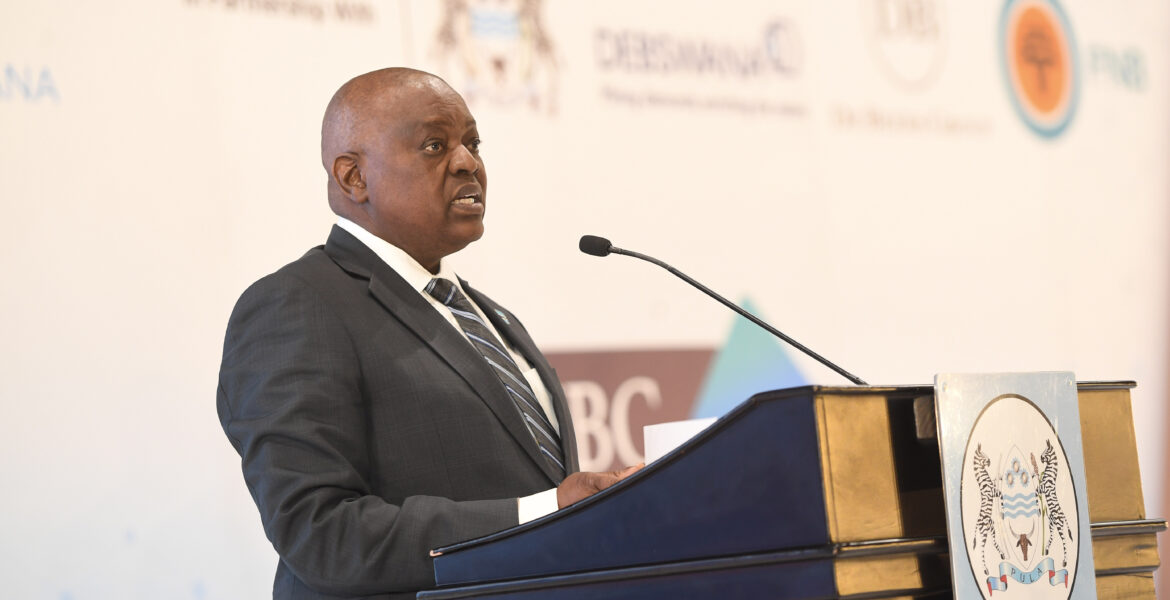- Cases of low morale and paranoia reported within the judiciary
- Fears emerge that scandals may affect Botswana’s rule of law ratings
GAZETTE REPORTER
Botswana’s judiciary is reportedly in disarray amid rising tensions between BaLete and the government over land threatened by negative gentrification in the aftermath of President Mokgweetsi Masisi’s denial that he told Kgosi Mosadi Seboko that he has captured the
judiciary.
Sources say since the breaking of the scandal, morale is low within the judiciary with signs of mistrust observed among judges. “Judges hardly visit one another to chat as colleagues,” said an insider at the Gaborone High Court who added that some are avoiding being seen with others.
According to another source, some judges have become security-sensitive and paranoid. “These attitudes have been observed by their subordinates who say judges have suddenly become hypersensitive about everything,” the source said.
The low morale follows a series of judicial scandals which have left the judiciary bereft of its sheen of respectability.
The events
A number of high court judges have accused the executive of meddling in the judiciary. Kgosi Mosadi Seboko of BaLete’s accusation that President Masisi told her that he would instruct Court of Appeal judges how to decide their case struck a particularly heavy blow and added weight to growing views of the executive as unrestrained.
Chief Justice Terrence Rannowane has also been accused of having tried to influence Justice Kelapile Ketlogetswe in the former minister Thapelo Matsheka’s child
murder case.
The Office of the President has sought to refute Kgosi Mosadi’s allegations, saying the President respects the rule of law and has never uttered the words attributed to him by the Sovereign of BaLete
Botswana’s rule of law ratings may drop
Meanwhile, there are concerns that these developments may affect Botswana’s rule of law ratings negatively. One of the criteria used to assess a state is the process by which laws are made, applied, enforced and it is accessible, efficient and fair as well as whether justice is administered by competent, ethical and independent representatives and neutrals who are sufficient in number, adequately resourced, and reflective of the communities they serve.

